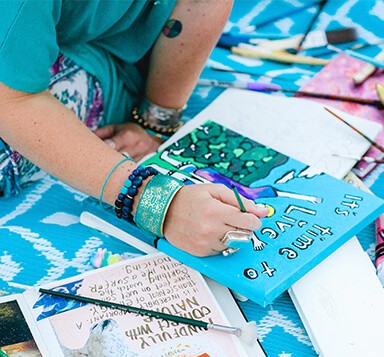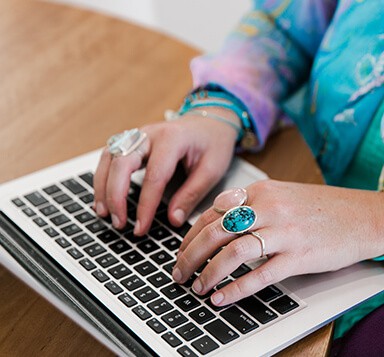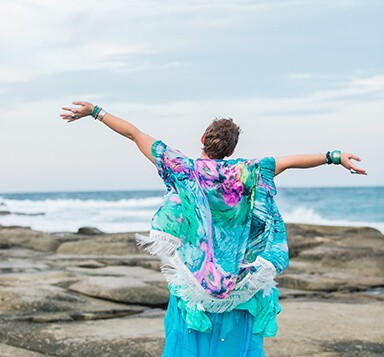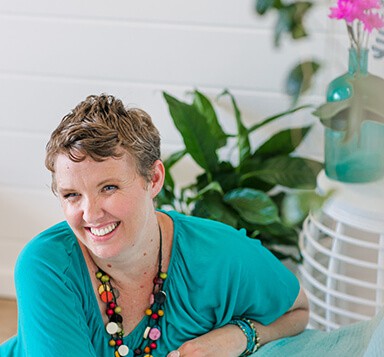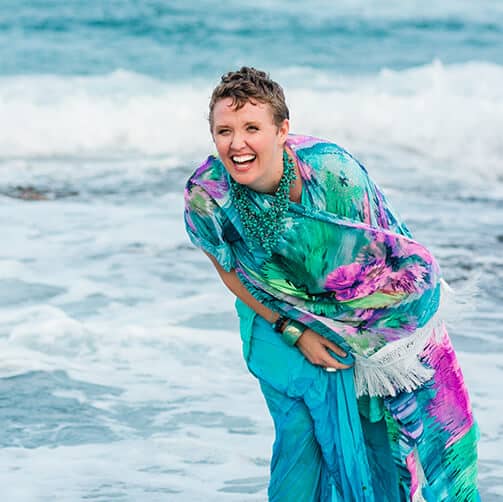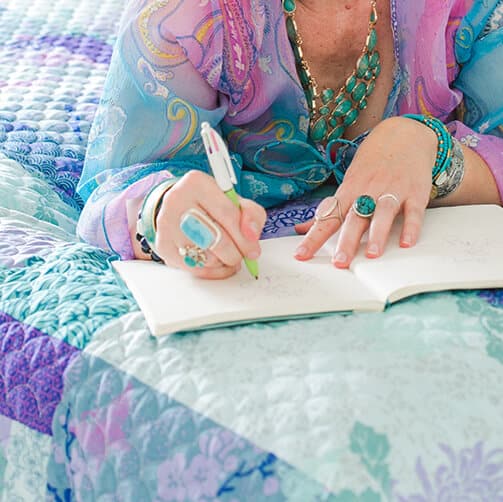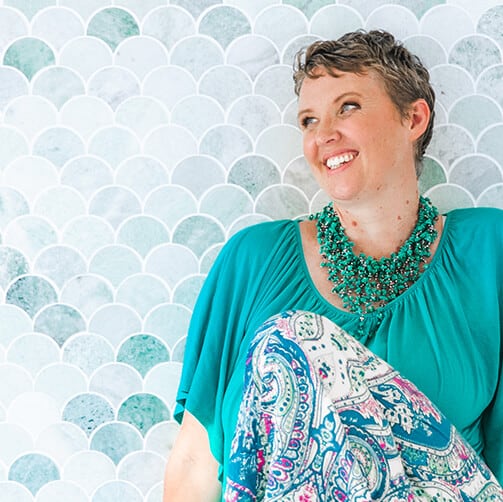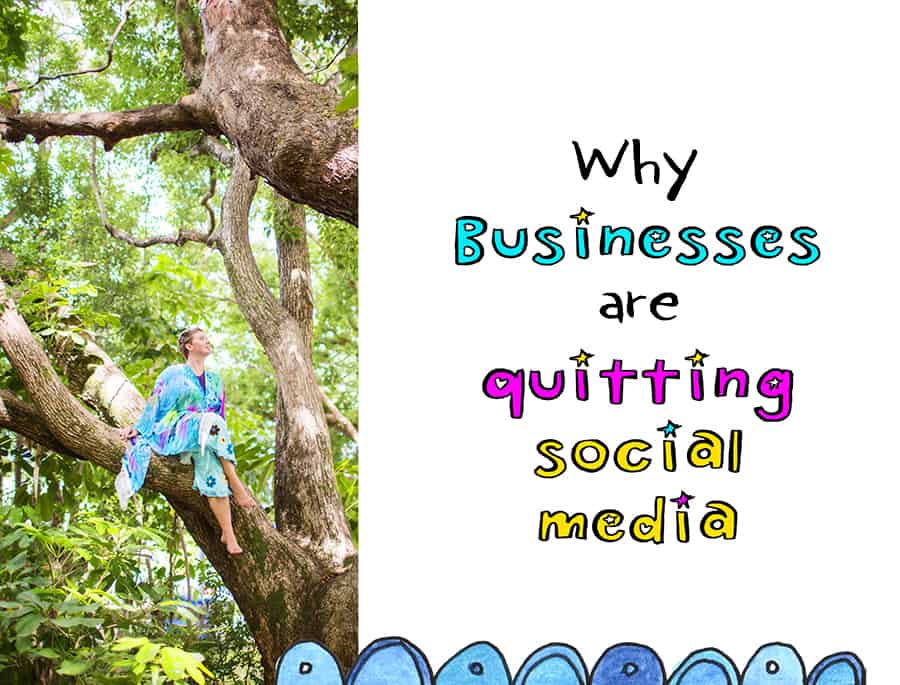
Possums,
It started for me around 2017. I was crispy burnt out after some big years in business. I was exhausted, and needed time to recalibrate and bring myself back to my centre.
I decided to take a one month social media sabbatical. It quickly became apparent to me that a month wouldn’t be long enough. It felt too good not to continue. And so I continued on with my sabbatical.
I started homeschooling my kids at the same time, and it was such a blessing to recenter my focus to be completely on them for a while. I didn’t have to think about anything but them.
I shared about my experience of quitting for six months here.
Since then, I’ve been back and forward about being “on” social media. Something felt off.
I’ve been thinking about it more and more, wondering what feels off. And what I need to do to move forward.
It’s now been almost two years since I started that sabbatical. And here’s the thing about having a patch of time off from social media – I noticed just how hugely the landscape had changed in a short period of time.
How post interaction was WAY down. How people were needing to create MUCH more, at a much faster pace. How the platforms were changing our capacity to bring people back to our place (i.e. our own websites) and instead were forcing us to become unpaid content creators for THEIR gain. How it was becoming a pay-for-play access.
It’s kind of like the boil-a-frog analogy. If you throw a frog into a pot of boiling water, it will GTFO of there quick smart. But put a frog into a pot of cool water that is slowly brought to the boil? It stays in there.
The same is true for social media. They started us off in a cool pot of water. And now we’re being boiled alive, but still don’t feel like we can jump out.
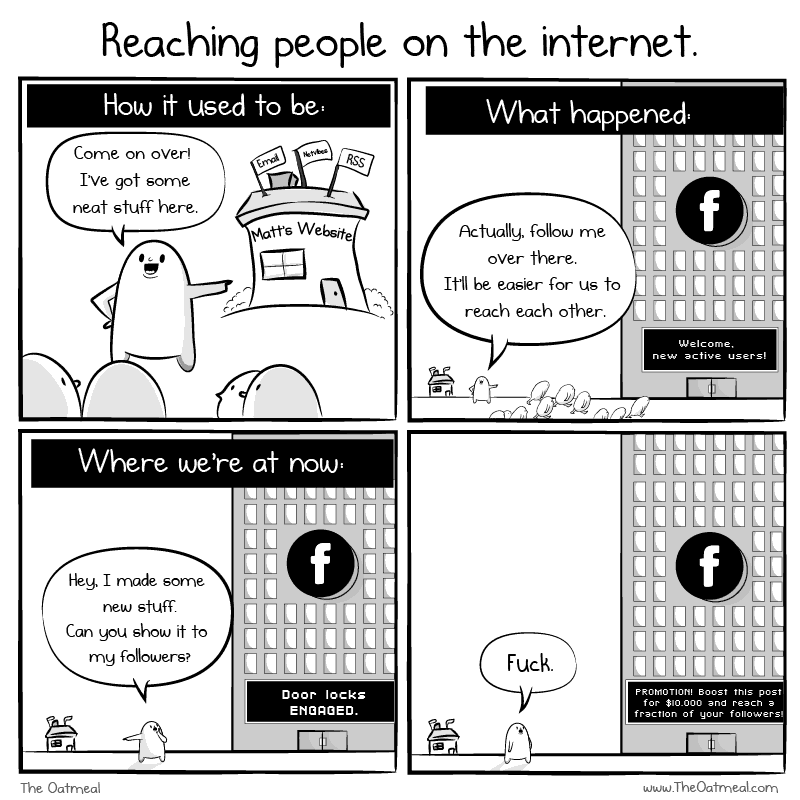
On Facebook, I have 130,000+ people who’ve opted-in to hear from me. On a GOOD day, I have less than 1% of those people who want to hear from me actually HEAR FROM ME. I remember in the beginning days when a single post would be seen by EVERYONE on your list, and a bunch of their mates too. And then the number kept moving down – when it was now good that I had 70% of my audience see me. Then 30%. Then 10%. Then 1%.
By contrast, if I send an email to my mailing list, I have about 15-20% open rates. If you have a smaller mailing list, you tend to have even higher open rates.
And it’s not just about Facebook either. Instagram is now owned by Facebook. It will continue to limit your capacity to engage with your fans.
Unwittingly, we’ve just discovered that we cannot build sustainable businesses on platforms we don’t own.
I’ve been bitching about this shit for years. I’ve taught all my customers to place MAILING LIST at the top of their priorities list.
Here’s what I wrote in 2014 in my Double Your Biz intensive program:
Let me drive this home for you:
You want people on your mailing list.
You want people on your mailing list.
You want people on your mailing list.You want people on your mailing list more than you want them
just reading your website or blog. You want them on your mailing
list more than you want them pressing LIKE on your Facebook
page. The highest priority is getting potential customers onto your
mailing list.
Your Mailing List Is Where People Buy From The Most!Your conversion rate for sales on your mailing list is SOOOOO much bigger than any other communication platform.
That’s where people will be when they want to buy from you.
That’s where people will stay in touch with you the most. It’s a great privilege and an honour for someone to respect you and your business enough to keep inviting you into their inbox.A bigger mailing list = a bigger business for you. Absolutely.
There’s plenty of pages out there with 100 000+ likes on them. They simply will NOT be selling as much as a person with a 100 000+ mailing list.
A Mailing List Is An Important Business Asset
And it’s a big deal for your business – a mailing list becomes one of your business’ assets. For example, when I’ve applied for mortgages, one of the things my accountant highlights for my bank to approve me is that my company has a large mailing list. It’s a real asset.
If you decide to sell your business at any time, your mailing list will be one of the assets that increase the selling price of your business, because it’s a communication platform with your existing and potential customers.
You OWN Your Mailing List. You Don’t OWN Your Social Media Followings
What’s more, social media is kind of ephemeral. You don’t “own” your likes. With your mailing list, you get to keep them forever – even if you decide to move mailing list companies.
With social media followings, you are totally reliant on that platform:
+ continuing to succeed and grow (What if you had a huge following on MySpace? What is that worth now?)
+ not deciding to charge you access to your followers (hello Facebook, I be looking at you!)
+ not changing the algorithms and rules on a daily basis on how you can interact or advertise with your followers.
It’s not just me who is feeling like things are off. There’s an increasing number of entrepreneurs who are writing about it, and companies who are either radically changing their social media investment, or quitting it entirely.
Here’s some of the research, articles and books I’ve found.
Paul Jarvis wrote an excellent article on why newsletters beat social media here.
There’s been a lot of talk (a lot from me, specifically) on why social media itself is exploitive and the companies who run social media platforms have an unscrupulous business model of selling our privacy and data for profit.
Because these platforms don’t charge users, they resort to advertising and data profiteering. Anytime we’re presented with “free software” we’ve just not taken into consideration the revenue model of the company and where us and our data fit into maximizing their profits.
We may not directly pay for social media, but we definitely pay for it with the trade-offs we make to use it. As Benjamin Franklin once said (probably), software users who trade privacy for functionality deserve neither.
This is where emails and newsletters differ entirely and why I think they’re better than social media. Companies who provide us with newsletter and email marketing software charge us for it—this is their business model. They charge well too (i.e. it’s not cheap, especially at scale). I pay over $230/month for Mailchimp so I can keep sending you emails. But this cost (the most I pay for monthly software by a lot) is worth it because it’s doubly profitable: Mailchimp makes enough money from me so they don’t have any need to sell my or my subscribers’ data. And I make enough money from my products by sending emails on their platform to cover the costs and not have to resort to ever selling data from my subscribers either. So it’s a win-win-win!
This is why I care so much about newsletters and almost not at all about social media. You won’t find me on Facebook or Instagram, or even on Linkedin.
I read Dan Kennedy’s No B.S. Guide To Social Media Management and it was fucking phenomenal, mostly because of Dan’s absolute bitchiness about social media.
Most fascinatingly, he rages about a recent business report which found that 60% of businesses were planning to invest more time and money on social media in the coming year, but less than 5% could state that their social media had increased revenue and profits AT ALL.
“If it’s not going to get me results, I am not going to do it.”
“You can’t go to the bank and deposit likes, views, retweets, viral explosions, social media conversations, or brand recognition. They want real money.”
This excellent article shares similar reasons: Your Business Doesn’t Need Social Media To Grow.
“The results are depressing. The study finds that top pages are posting a lot more now because engagements have dropped by as much as 70%. Facebook changes its algorithms often, and they’re hard to follow. This makes it incredibly hard for businesses, especially newer ones, to stay on top of their marketing game and reach their intended audiences unless they shill out tons of money.”
It’s the same story for all major social media platforms. In short, social media marketing is dead. Better invest your time and money somewhere else.
It’s only going to keep becoming more difficult for a business’ posts to be seen.
Mark Zuckerberg recently announced changes to the platform’s news feed product with content from “more posts from friends and family” and “less public content, including videos and other posts from publishers or businesses.”
It’s bloody important to not have your business sustainability pegged to a company that can change its mind overnight.
Becoming overly reliant on a social media platform that you do not own is not a smart business decision.
The NBC reported that more and more small businesses are quitting social media for these reasons.
“One of the Facebook policy changes decreased my income from Facebook by 60 percent, overnight. No explanation,” said one small business owner.
Companies Who Have Quit Social Media
Lush the beauty company recently shared about its decision to quit social media.
“We’re a community and we always have been,” the brand said on Twitter. “We believe we can make more noise using all of our voices across the globe because when we do we drive change, challenge norms and create a cosmetic revolution. We want social to be more about passions and less about likes.”
Basecamp, a project management software company has now become a Facebook-free business and encourage other businesses to do the same.
“For both our personal lives and businesses, we’ve become pretty dependent as a society on Facebook — But, things have changed quite a bit over the years.
What used to be a great way for businesses to connect with fans and people that wanted to hear from you has now turned into primarily paid advertising.”
JD Wetherspoon recently created waves by quitting social media. They are a pub company in the United Kingdom and Ireland which owns 1,000 outlets bars and hotels. They had more than 100,000 Facebook followers and more than 6,000 on Instagram when they quit.
“Wetherspoon chairman and founder Tim Martin told the BBC he had always thought the idea that social media was essential for advertising was untrue. “We were concerned that pub managers were being side-tracked from the real job of serving customers,” he said. “I don’t believe that closing these accounts will affect our business whatsoever.”
Asked whether Wetherspoon’s move could start a business trend, Martin told the BBC that he hoped not: “Currently we’ve got a massive commercial advantage because everyone else is wasting hours of their time.”
A non-profit here in Australia also decided to leave social media for good. Australian Indigenous Mentoring Experience (AIME) had more than 150,000 Facebook followers, 1,200 Twitter followers and 20,000 Instagram followers.
“Today we leave social media for good.
We believe in smart people and dumb phones. We believe in human potential and intelligence. We believe in depth, nuance, simplicity, and complexity. We know social media is no longer democratic, led by advertising, and built off the same algorithms used by slot machine designers – it’s addictive, dangerous, and unhealthy.
Offline; we know and believe in the power of human relationships…
We don’t want to lower the bar and gamify real life human stories.
We don’t want to be in a world where there are barriers between us and you. We don’t want a social media company telling us to spend hundreds of thousands of dollars just to make sure you can hear about what you already have selected you want to know by following AIME. Instead, we’ll use that money to employ a kid or a journalist or both, to write with depth on ideas that will allow us to make sense of the world and give us the tools to overcome the struggles that we face on this planet.”
In discussing AIME’s decision, a social analytics company said:
“Facebook is now mostly a pay-to-play platform (you need to invest in advertising, making this more-challenging for non-profit organisations). It is more-difficult to see meaningful results from investing dollars in content to present organically.”
It’s not just businesses either…
And hey – it’s not just businesses who are considering quitting social media for good. There’s more and more evidence of both the impact of social media on mental health and relationships, and the positive benefits of quitting. Growing numbers of teens and adults are continuing to quit social media.
What I’ll be doing going forward
For me, I won’t be investing my time or attention to social media marketing in 2019. Instead, I’m going to be focussing my attention on my mailing list. I’m going to create good, free things to give to them and take care of the people who want to hear from me.
At this stage, I won’t deactivate my social media accounts… but I won’t be placing my attention there. I will take time to create thoughtful things, and share them via my mailing list instead.
What I recommend for other businesses
You – as the business owner – are the best person to make business decisions for YOUR business and what works for you.
If you are going to use social media, I DO recommend:
- have an excellent strategy in place to move people from social media onto your mailing list
- measuring your results so you know where your sales are coming from and where you should be spending your time
- concentrating on your $$$ numbers, not your social media numbers.
And if you decide to move away from social media marketing, I recommend:
- deciding what you are going to do INSTEAD to build and market your business. You’ll always need to market and share your story. Decide what works for YOU and your unique voice.
- test what works. Play to your strengths.
- measure your results so you know where to spend your time.
- build your mailing list.
My point exactly.
This morning, my husband mentioned that Russell Brand is interviewing Byron Katie on his next podcast. He asked:
Did you see? Do you follow Russell on Facebook?
I replied:
Of course I do. But I still don’t see shit from him. You know what social media is fucking like.
And that’s the point of it all, really.
If we love people and companies, we want to be able to hear from them. If we love our fans, we want to know we can share good things with them. And social media is increasingly not the best place for that to happen.
With love and thoughtfulness,
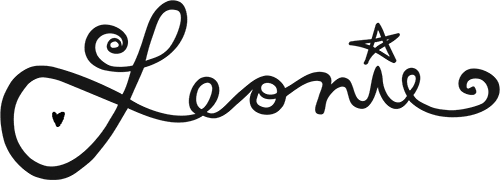
P.S. Fuck social media algorithms. Let me send you good things here instead.


